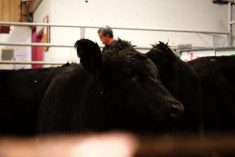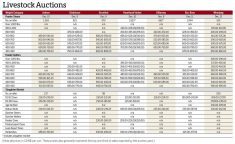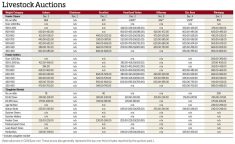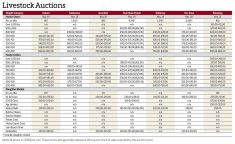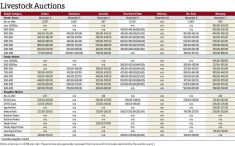Reuters – Brazilian meatpacker JBS SA has forecast gains of US$450 million this year related to lower grain prices, particularly corn, higher than guidance of US$340 million given at the end of the first quarter.
CFO Guilherme Cavalcanti revealed the estimate, expected to primarily benefit the company’s pork and poultry businesses, as JBS discussed quarterly results with analysts on a conference call on August 15.
JBS reported a second-quarter loss the day before, citing the negative effects of a global chicken glut and tighter margins for its beef business in the U.S. related to a cattle supply shortage on its main market.
Read Also

Surviving the Chill: High-energy diets key to calving success
Boost your calving season success by maintaining a BCS of 5-6 with high-energy diets to ensure healthy calves and increase weaning weights by 25 kg.
In a note to clients, J.P. Morgan analysts predicted that JBS’ good performance in Australia and a better outlook for grain prices would potentially be good for the stock.
CEO Gilberto Tomazoni said companies are gradually adjusting chicken supplies in the U.S. and Europe, improving pricing prospects.
He said prices had already begun to rise on chicken meat sales to Gulf countries, “in a very clear sign of change.”
In relation to beef, management told analysts the outlook is not going to improve soon, which is likely to leave beef processors with unused capacity in the U.S.
“There is no doubt in 2024 cattle supplies will remain tight,” global president of operations Wesley Mendonca Batista Filho said. “There is no doubt companies will operate using less capacity.”
In the U.S. pork market, a drop in prices in the second quarter is not expected to last long, Filho said, citing the relatively stable nature of the pork business in the U.S. over time.
He said current excess pork supplies partly stem from an increase in production to supply the Chinese market, which in 2018 reported an outbreak of African swine fever, pushing it to import more.




